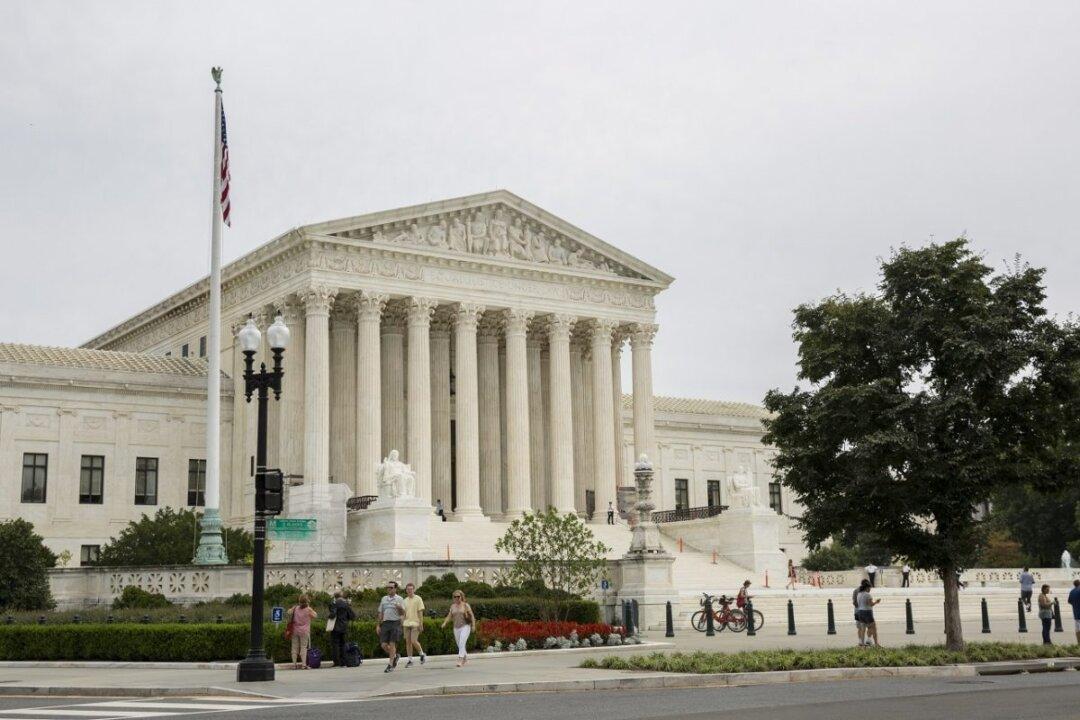A Lebanese immigrant sentenced to time in prison for a crime he committed after receiving his green card is now challenging his deportation order in a Supreme Court case, arguing that he will face religious persecution if removed to his native land.
The Supreme Court’s decision to hear the case comes after it held in March in Nielsen v. Preap that under the Immigration and Nationality Act (INA) the government is allowed to detain and process for deportation defendants even if they aren’t federally detained immediately after being released from criminal custody.





